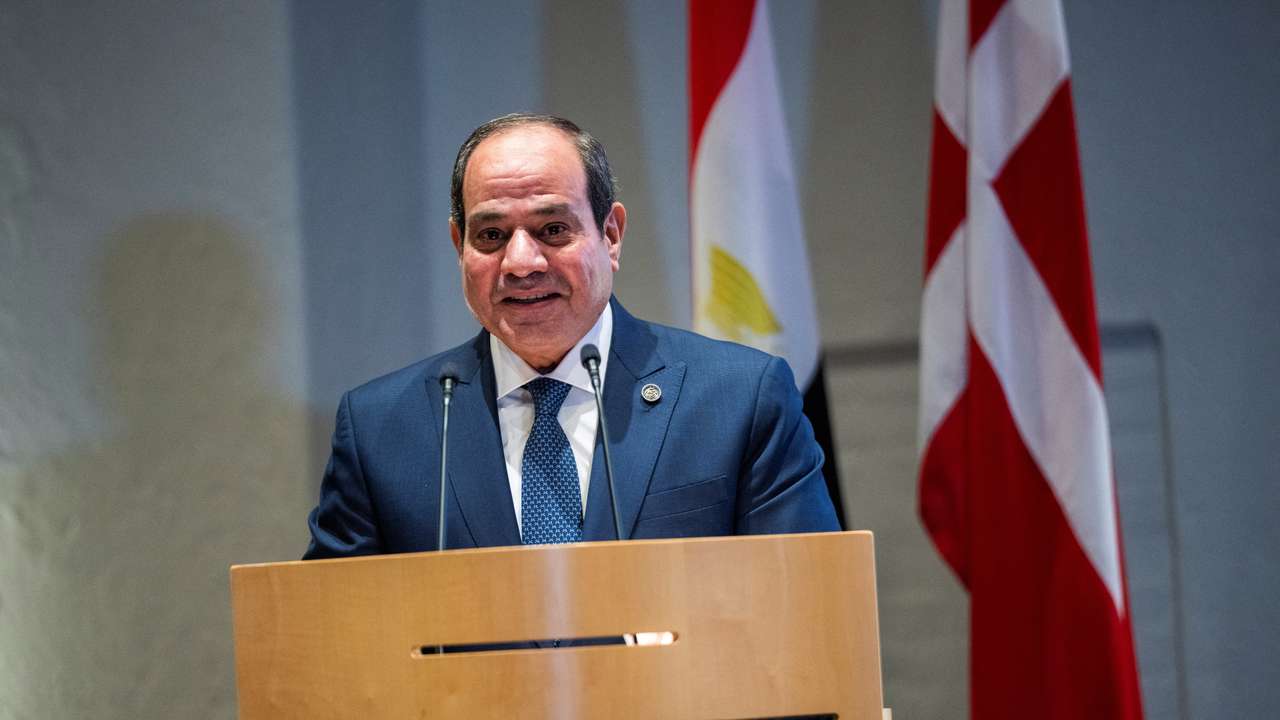Egypt’s new dialysis plant to cover 65% of local demand

Egypt’s healthcare sector is set for a major boost as a new dialysis filter factory begins operations this month, aiming to meet 65% of the country’s local demand.
The project is expected to significantly reduce Egypt’s reliance on imports and generate savings of up to EGP 3 billion (around $50 million) annually, according to Daily News Egypt.
According to Chairperson Amr Abdel Razek, the plant meets international standards and is ISO-certified. “This is a strategic step in strengthening Egypt’s local manufacturing capacity and ensuring a secure supply of essential medical products,” he stated at a press briefing.
Previously, Egypt imported around 90% of its dialysis filters, with the new factory aiming to reverse this dependency. While raw materials are currently sourced from Germany, Abdel Razek revealed plans to localise production entirely within one year.
Beyond dialysis filters, the companies are expanding into essential pharmaceutical manufacturing, including medications for intensive care, anaesthesia, and cardiology.
Abdel Razek said that 40% of these drugs are now locally produced in line with World Health Organisation (WHO) standards, with plans to export to neighbouring countries in Africa and the Middle East.
The companies are also launching 22 new pharmaceutical products, expected to be priced up to 60% below imported alternatives. In collaboration with German specialists, they are running training programs to transfer knowledge and strengthen local technical expertise.
This development follows agreements signed in June 2023 between Wadi El Nile Stio Life Science and El Nasr Pharmaceutical Chemicals Company to rehabilitate and restart a dormant production facility.
The Egyptian Unified Procurement Authority will distribute the new dialysis and anaesthetic products, while plans are underway to establish nationwide maintenance centres and a dedicated unit for servicing dialysis machines.
The facility, which will be developed by Wadi El Nile Stio and SLS Egypt, is expected to cost EGP 160 million (approximately $3.3 million).
This story is written and edited by the Global South World team, you can contact us here.